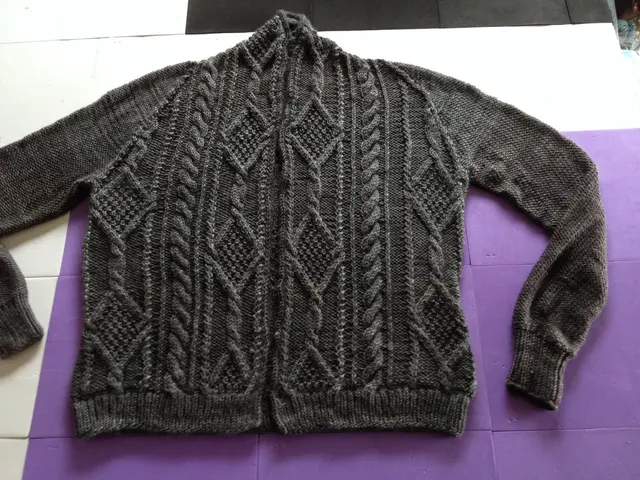Government body suggests enforcing dress standards to enhance workforce's appearance and credibility
In an effort to uphold a professional image and foster a dignified workplace, Kuwait's Ministry of Information has recently implemented a new dress code for its employees. The policy, formalized through an administrative circular issued in early August 2025, emphasizes modesty and professionalism appropriate to official duties for all employees and representatives of the Ministry.
The regulations specify distinct dress requirements for male and female employees. Men are expected to wear national attire (dishdasha, ghutra, and agal) or formal suits with long-sleeved shirts, trousers, and formal closed shoes. On the other hand, female staff are to wear formal suits, long-sleeved shirts, skirts or long pants, and closed-toe shoes appropriate for work.
The dress code for women also emphasizes elegance and modesty. Flashy prints, branded accessories, or jewelry with logos that could be construed as marketing are banned to preserve the neutrality expected in state media. Clothing that is tight, transparent, or shorter than knee-length, along with excessive makeup or strong perfumes, is prohibited. High heels deemed environmentally or medically inappropriate are also disallowed.
The proposal aims to unify and standardize the image of staff, particularly those who appear in public or on media platforms, to reflect values of discipline, professionalism, and institutional decorum. Before any televised or recorded appearances, employees must coordinate with the Ministry's media department to ensure compliance.
One of the cornerstones of the proposal is the regulation of employees' appearance during official media engagements. Clothing featuring commercial logos or casual wear is strictly prohibited for both men and women.
Failure to adhere to the dress code will be considered an administrative offense. Offenders will first receive warnings or reprimands, but repeated violations may lead to disciplinary investigations under Civil Service Law.
The Human Resources Department has been tasked with monitoring compliance across all departments and reporting directly to the Undersecretary. Casual items such as ripped jeans, shorts, tracksuits, dishdasha with caps, open-toed shoes, or garments featuring unofficial logos or imagery are strictly forbidden within ministry premises.
The proposal marks a significant step toward shaping a unified, credible, and disciplined media presence that reflects the dignity of the Kuwaiti state. The Ministry of Information plans to implement these new regulations immediately upon approval with full enforcement through Human Resources oversight.
- To promote a health-and-wellness lifestyle that includes fitness-and-exercise and mental-health care, many companies have implemented workplace-wellness programs.
- In the realm of skin-care and fashion-and-beauty, trending makeup styles often incorporate bold colors and innovative techniques that emphasize uniqueness and self-expression.
- The recently passed policy-and-legislation on home-and-garden renovations aims to increase energy efficiency and promote environmentally-friendly practices.
- The general-news media has been reporting on the escalating political tensions in Region X, with increasing calls for peaceful negotiation and diplomacy.
- The science community is steadfast in their research on the causes and potential treatments for various health conditions, constantly seeking to advance medical understanding and practice.
- The government's initiatives to improve lifestyle for citizens entail not just workplace policies and home renovations, but also covering the costs of primary care and mental health services.








